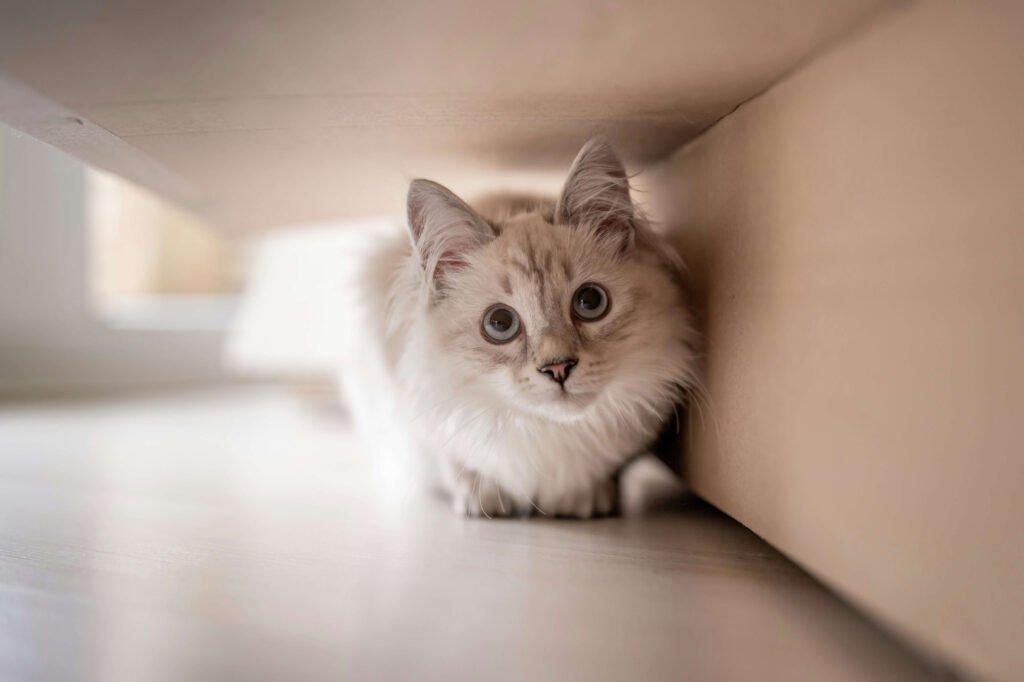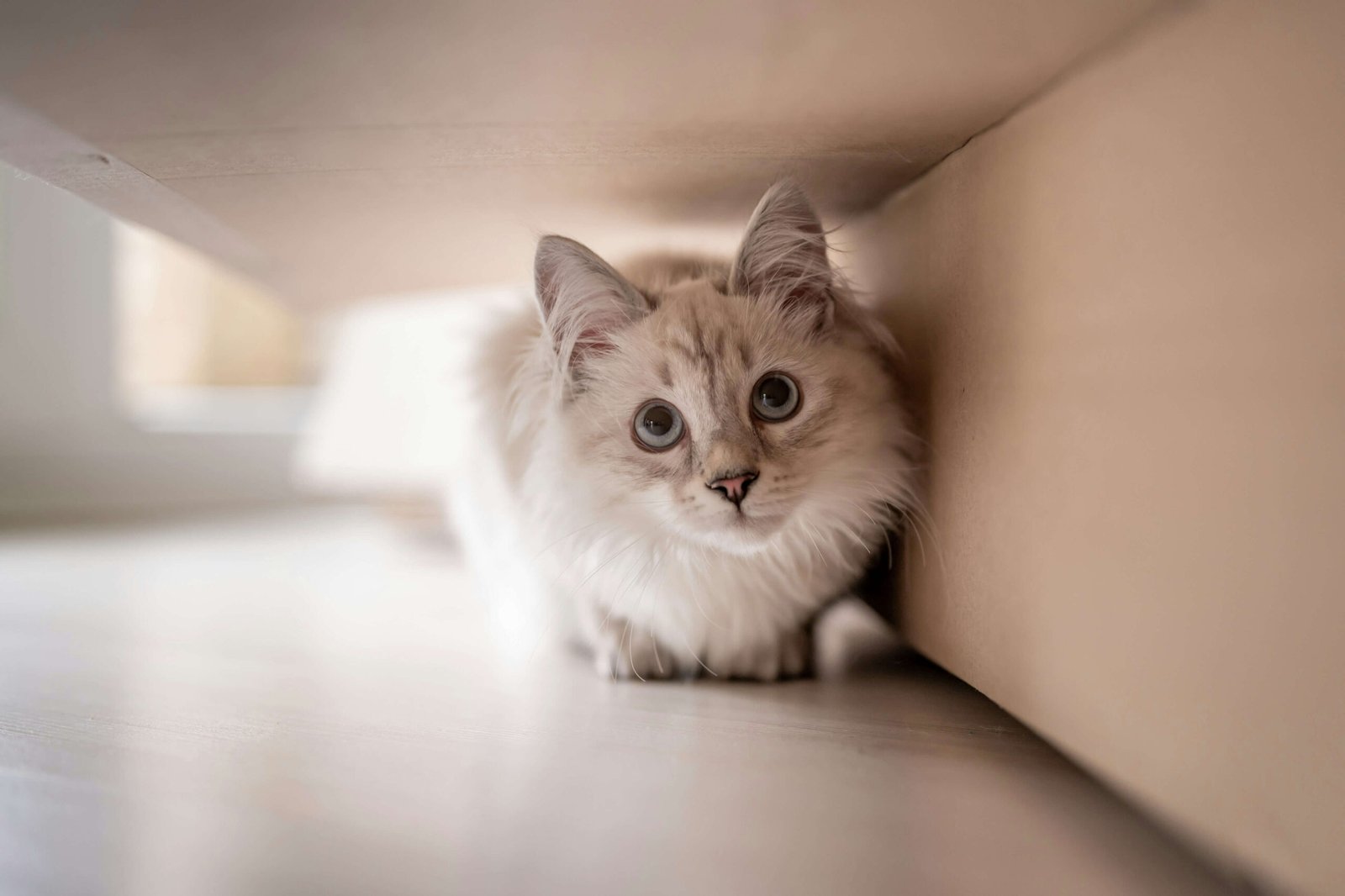What Can I Give My Cat for Sneezing? A Comprehensive Guide
As a loving cat parent, there’s nothing more concerning than seeing your fluffy companion sneeze repeatedly. While an occasional sneeze might not raise alarms, persistent sneezing could signal underlying health issues. Cats, like humans, can experience sneezing due to various reasons—ranging from environmental irritants to infections or allergies. But what can you do when your feline friend starts sneezing? Is there anything safe you can give them to ease their discomfort? In this blog post, we’ll explore the potential causes of sneezing in cats, home remedies, and professional treatment options to ensure your pet stays happy and healthy.
Common Causes of Sneezing in Cats
Before jumping into solutions, it’s essential to understand why your cat might be sneezing. Identifying the root cause is the first step toward helping your furry friend feel better. Here are some common triggers:
Allergens: Dust, pollen, or mold spores in your home can irritate your cat’s nasal passages.
Viral Infections: Upper respiratory infections, often caused by viruses like feline herpesvirus or calicivirus, are a frequent culprit.
Bacterial Infections: Bacteria such as Bordetella or Chlamydia can lead to sneezing and other symptoms.
Foreign Objects: Small particles like grass seeds or hair can get lodged in your cat’s nose.
Environmental Irritants: Strong odors from cleaning products, perfumes, or cigarette smoke may trigger sneezing.
Understanding these potential causes will help you determine whether your cat’s sneezing requires immediate veterinary attention or if home care might suffice. Remember, persistent sneezing should never be ignored, as it could indicate a more serious issue.
Home Remedies to Soothe Your Cat’s Sneezing
If your cat’s sneezing seems mild and isn’t accompanied by other alarming symptoms, you can try some gentle home remedies to provide relief. However, always consult your veterinarian before trying any new treatments. Here are a few suggestions:
Steam Therapy: Create a steamy environment by running a hot shower and sitting with your cat in the bathroom. The moisture can help clear nasal congestion.
Hydration: Ensure your cat has access to fresh water at all times. Staying hydrated supports overall respiratory health.
Humidifier Use: Place a humidifier in your home to maintain optimal humidity levels, especially during dry seasons.
Clean Environment: Regularly vacuum and dust your home to minimize allergens that could irritate your cat’s nose.
Gentle Nose Wipe: If you notice discharge around your cat’s nose, use a damp cloth to gently clean the area.
While these remedies can offer temporary relief, they are not substitutes for professional veterinary care. If your cat’s sneezing persists or worsens, seek advice from a vet promptly.
Check this guide 👉Why Is My Cat Sneezing and Have Watery Eyes? Best 7 Tips!
Check this guide 👉Understanding Cat Reverse Sneezing: Best 7 Expert Care Tips!

Preventive Measures | When to See a Vet |
|---|---|
Keep your home free of dust | Persistent sneezing lasting over 48 hours |
Avoid using strong air fresheners | Discharge from eyes or nose |
Provide a balanced diet | Difficulty breathing |
Schedule regular vet check-ups | Lethargy or loss of appetite |
Maintain proper ventilation | Fever or coughing |
Safe Foods and Supplements for Sneezing Cats
Sometimes, dietary adjustments or supplements can support your cat’s immune system and reduce sneezing episodes. Below are some options to consider, but always discuss them with your vet first:
Omega-3 Fatty Acids: Found in fish oil, omega-3s have anti-inflammatory properties that may benefit respiratory health.
Probiotics: These promote gut health, which plays a crucial role in maintaining a strong immune system.
Cooked Chicken or Turkey: Lean proteins are easy to digest and provide essential nutrients to boost immunity.
Pumpkin Puree: Rich in fiber, pumpkin can aid digestion and indirectly support respiratory wellness.
Herbal Teas (Cooled): Chamomile or peppermint tea, cooled and offered in small amounts, may soothe irritation.
Remember, introducing new foods or supplements should be done gradually and under veterinary supervision to avoid adverse reactions.
When to Avoid Over-the-Counter Medications
While it’s tempting to reach for human medications to alleviate your cat’s sneezing, many over-the-counter drugs are toxic to felines. Here’s what you need to know:
Acetaminophen (Tylenol): Highly toxic to cats and can cause severe liver damage.
Ibuprofen (Advil): This pain reliever can lead to kidney failure in cats.
Decongestants: Nasal sprays or pills formulated for humans can harm your cat’s delicate respiratory system.
Essential Oils: Some oils, like tea tree or eucalyptus, are dangerous if ingested or inhaled by cats.
Antihistamines Without Vet Approval: Even seemingly harmless antihistamines can have adverse effects without proper dosing guidance.
Always prioritize safety by consulting your veterinarian before administering any medication, no matter how mild it may seem.
Environmental Adjustments for Sneezing Cats
Creating a cat-friendly environment can significantly reduce sneezing episodes. Small changes in your home can make a big difference in your cat’s comfort. Consider the following adjustments:
Air Purifiers: Invest in a high-quality air purifier to remove allergens and irritants from the air.
Non-Toxic Cleaning Products: Switch to natural, pet-safe cleaning solutions to avoid chemical irritation.
Smoke-Free Zones: Ensure your home is free of cigarette or vape smoke, which can trigger sneezing.
Regular Grooming: Brush your cat frequently to minimize loose fur and dander that may contribute to allergies.
Washable Bedding: Use washable, hypoallergenic bedding and clean it weekly to prevent dust buildup.
By making these simple changes, you can create a healthier living space for your cat and potentially reduce sneezing triggers. A clean, safe environment is the first step toward long-term relief.
Signs Your Cat Needs Immediate Veterinary Attention
While occasional sneezing is normal, certain symptoms indicate that your cat requires urgent care. Be vigilant and look out for these warning signs:
Nasal Discharge: Yellow, green, or bloody discharge often signals an infection or more serious condition.
Eye Discharge: Watery or crusty eyes alongside sneezing could point to a respiratory issue.
Loss of Appetite: If your cat refuses to eat for more than 24 hours, it’s time to consult a vet.
Behavioral Changes: Increased lethargy, hiding, or unusual aggression may indicate discomfort or illness.
Labored Breathing: Wheezing, gasping, or open-mouth breathing requires immediate attention.
If you notice any of these signs, don’t delay seeking professional help. Early intervention can prevent complications and ensure your cat receives the care they need.
Fun Activities to Keep Your Cat Healthy
Engaging your cat in fun activities not only strengthens your bond but also supports their overall health. Physical and mental stimulation can boost immunity and reduce stress-related sneezing. Here are some ideas:
Interactive Toys: Use wand toys or laser pointers to encourage exercise and keep your cat entertained.
Puzzle Feeders: These stimulate your cat’s mind while providing a rewarding snack.
Climbing Structures: Install cat trees or shelves to give your feline friend vertical spaces to explore.
Daily Playtime: Dedicate at least 15 minutes daily to active play sessions with your cat.
Window Perches: Offer a cozy spot by the window where your cat can watch birds or enjoy fresh air.
Incorporating these activities into your routine can improve your cat’s physical and emotional well-being. A happy, active cat is less likely to experience stress-related health issues like sneezing.
FAQ
Why is my cat sneezing so much?
Sneezing can result from allergies, infections, irritants, or foreign objects. Persistent sneezing should be evaluated by a vet.
Can I give my cat Benadryl for sneezing?
Only under veterinary supervision. Incorrect dosing can harm your cat.
How can I tell if my cat’s sneezing is serious?
Look for additional symptoms like nasal discharge, lethargy, fever, or difficulty breathing.
Are humidifiers safe for cats?
Yes, humidifiers can help relieve nasal congestion, provided they’re used safely and cleaned regularly.
What foods should I avoid giving my sneezing cat?
Avoid dairy, onions, garlic, and anything containing xylitol, as these can exacerbate health issues.
Final Thoughts: Prioritize Your Cat’s Health
Sneezing in cats is not something to take lightly, but with the right knowledge and approach, you can help your furry companion feel better. Whether it’s addressing environmental triggers, providing safe home remedies, or seeking professional care, your vigilance matters. Always remember that prevention is key—maintaining a clean, stress-free environment and scheduling regular vet visits can go a long way in keeping your cat healthy. By staying informed and proactive, you’ll ensure your beloved pet enjoys a happy, sneeze-free life.
Do Cats Have Taste Buds? Best 7 Expert Tips! – Discover how cats experience flavors and why their taste is so unique.
Do Dogs Have Taste Buds? Best 7 Expert Tips! – Discover how dogs experience taste, their preferences, and what it means for their diet and health.
Can Cats Taste Sweet? Best 7 Expert Tips! – Discover why cats can’t taste sweetness, how it affects their diet, and tips to keep them healthy and happy.
Can Dogs Taste Sweet? Best 7 Expert Tips! – Discover how dogs perceive sweetness, which foods are safe, and tips to manage their sweet cravings responsibly.





